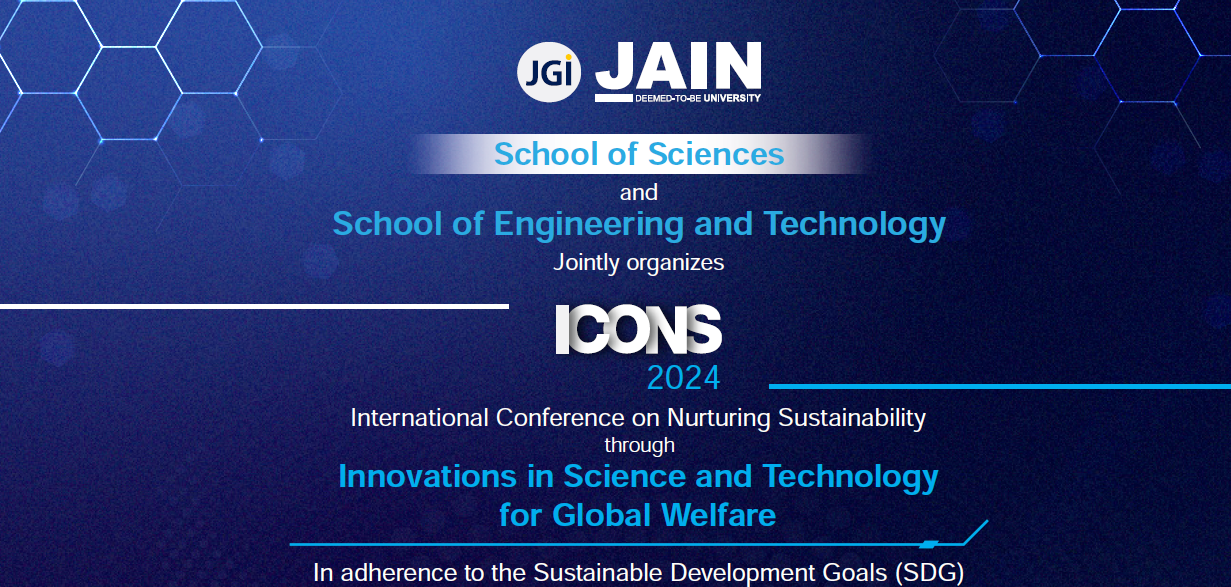Speaker
Description
Accurate estimation of time of death in forensic cases is essential to reconstruct the events leading to a person's death. Traditional methods rely heavily on circumstantial evidence and physiological parameters, which often lead to some uncertainty. This study explores the use of artificial intelligence (AI) to improve time of death estimation by analysing post-mortem drug concentrations. Machine learning algorithms, specifically time series models and neural networks, are used to correlate drug concentrations in biological samples with pharmacokinetic profiles. By leveraging large datasets containing known drug concentrations and corresponding times of death, AI models are trained to predict time of death with higher accuracy. The study integrates data from blood, urine, and other biological platforms to account for changes in drug metabolism and degradation. The proposed AI-based approach aims to refine forensic analyses by providing more accurate estimates of time of death, thereby helping investigators solve crimes more efficiently. Preliminary results demonstrate that AI models can outperform traditional methods in terms of accuracy and reliability, highlighting the potential of AI to revolutionize forensic toxicology practices. This study highlights the transformative impact of AI on forensic science, providing a promising tool for improving the accuracy of time of death estimates in post-mortem investigations.

